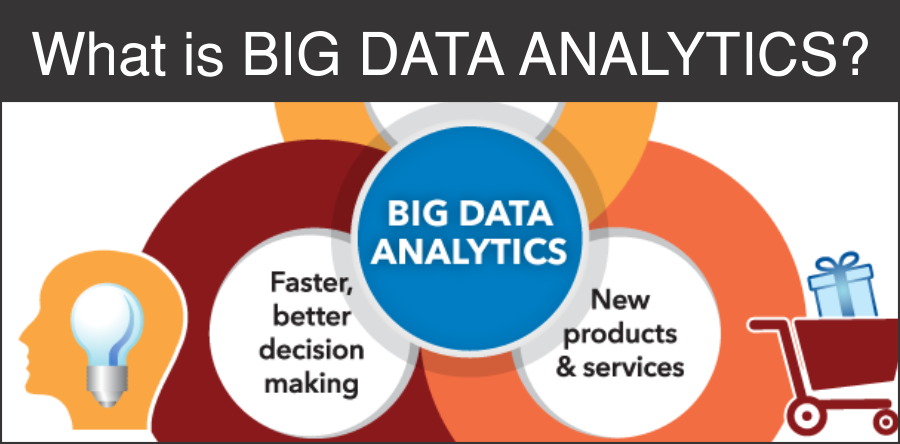Big data a critical concept which is incepted in 2000’s based on the 3 V’s. Through this, data can be analyzed which drive to better decision making and strategic business moves.
In general, the Data fall into three types of categories
Structured
Any type of data that can be actually stored, accessed and processed in a fixed format is generally termed as “Structured Data”. The improvement in flexibility of the technology has reached a higher success in evolving techniques for working with structured data with ease.
Unstructured
The organized data which is classified from structured data is termed as “Unstructured Data”. The processing of this type of data has been the biggest challenge for over a period of time.
Semi-structured
The combined form of data which is both structured and unstructured formats is generally termed as semi-structured data. It can’t be defined with a particular example or a particular format.
The three V’s on which the big data concept has been incepted
Volume
Many Organizations accumulate data from a blend of sources which includes business transactions, social media data and information from the sensor or M2M data. In the past years storing data have been the major challenge which has been conquered by Hadoop technology.
Velocity
It takes a fraction of seconds for the data to stream between devices dealing it in such a way that fits is a must. Streaming and clustering of data have been easier with the Spark and Scala Programming.
Variety
When we generally refer to data, it means the collection of data which appears in various forms, ranging from structured, numeric data in traditional databases to unstructured document, email, video, audio and financial transactions.
Variability This refers to the variance which can be shown by the data at times, thus upsetting the method of being able to control and manipulate the data efficiently.
Why is Big Data important?
As the data amount of data being generated, stored on a global level is almost inconceivable and the data grow numerously each day, the insights required for the business can’t be analyzed in a complete way. This is the reason why businesses embrace big data for the better use of raw data that flows into their companies each day.
It doesn’t matter how much amounts of data an organization has in a database, all it matters is how effectively they are using it and what they do with it. Using Big Data Analytics helps in reducing costs, time, developing new product and optimized productivity and smart decision making. When the big data is combined with high-powered analytics, organizations can successfully accomplish business-related responsibilities as
- Improved customer service
- Better operational efficiency
- Recalculating entire risk portfolios in minutes.
- Prior identification of risk to the product/services
- Detecting illegal performance before it affects your business.
- Business can utilize the external intelligence while decision making
- Generating coupons at the point of sale based on the customer’s buying practices
The effectiveness of embracing Big Data has made the organizations to use this technology for the benefits of them. Some Big data tools offer specific niches and allow less technical users to make multiple predictions of ordinary business data. There is an only adequate resource for Big Data and IT in India needs millions of data Scientists each year. Digital Nest, the leading certified organization renders the training on a whole stream of Big Data Analytics and helps students choosing their careers in Big Data and become a certified Big Data Professional.



